Plastic Waste Management
Clean Plastic, Green Future: Recycle Right with ServCare!
“Segregate at source, keep it clean, and ensure proper recycling—let’s make a difference with ServCare!.”
Plastic waste management is essential to combat the growing environmental impact of plastic pollution. With tons of plastic ending up in landfills and oceans, sustainable practices like recycling, reuse, and responsible disposal are crucial.
At ServCare, we aim to address plastic waste alongside e-waste by promoting recycling initiatives and educating communities on proper disposal. Our goal is to create a circular economy where plastic waste is managed responsibly, minimizing its impact on the planet.
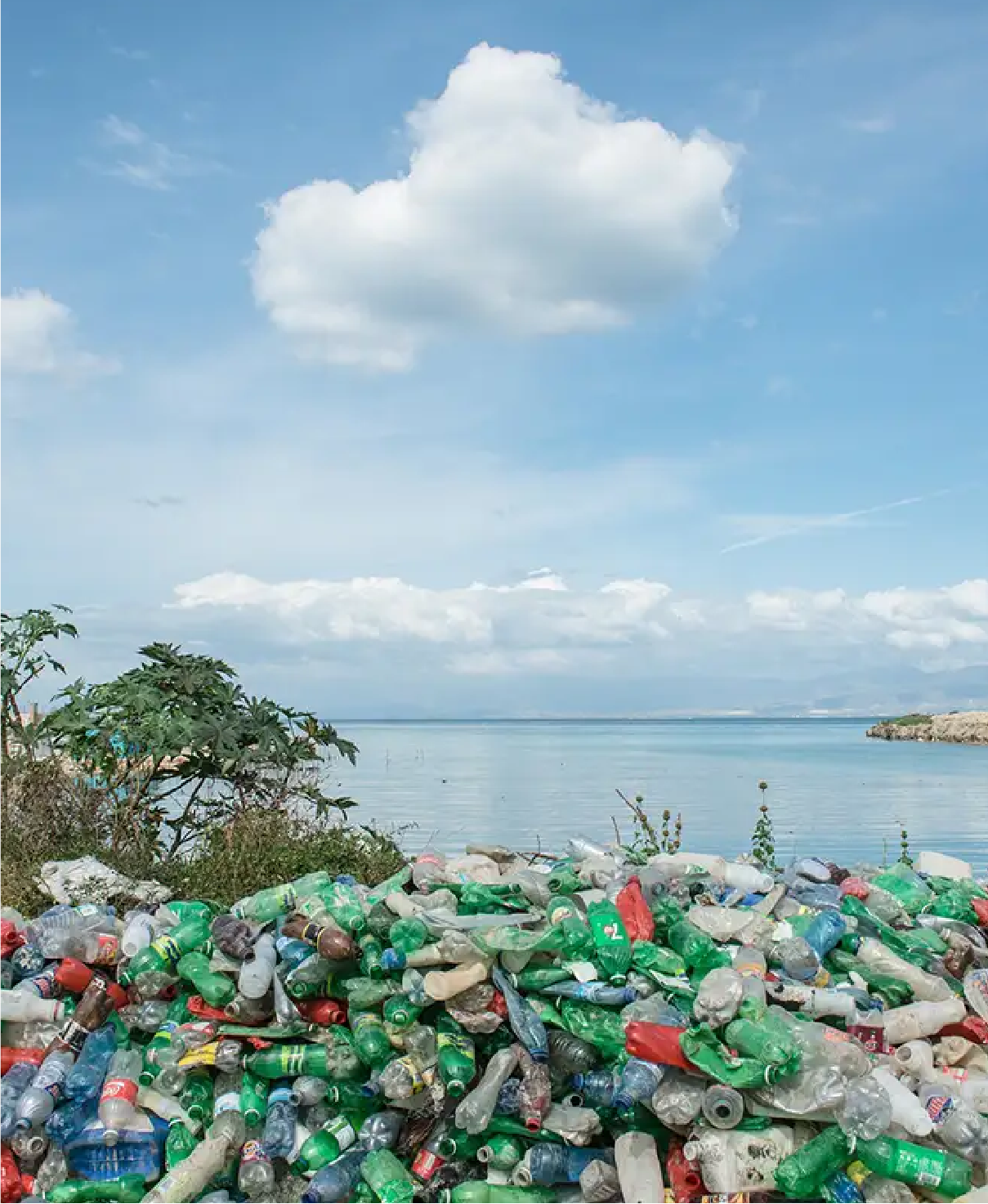
What is Plastic Waste?
Plastic waste refers to discarded plastic materials that are no longer useful, including single-use plastics, packaging waste, and broken plastic products. Due to their non-biodegradable nature, plastics take hundreds of years to decompose, making them a major environmental concern.
History of Plastic & Packaging Innovation
The first fully synthetic plastic, Bakelite, was invented in 1907 by Leo Baekeland, marking the beginning of the plastic revolution. By the 1950s, plastic packaging became popular due to its lightweight, durable, and cost-effective nature. Innovations such as polyethylene (PE), polypropylene (PP), polyvinyl chloride (PVC), and polyethylene terephthalate (PET) led to the mass production of plastic bottles, bags, and packaging materials, which are still widely used today.
Continue Reading
Why is Plastic Non-Biodegradable?
Plastics are made from long-chain polymers derived from petroleum-based compounds, which give them their strength and durability. Unlike organic materials, these synthetic polymers lack the natural enzymes needed for decomposition, making plastic persist in the environment for centuries. Over time, they break into microplastics, contaminating soil, water, and food chains.
At ServCare, we promote responsible plastic waste management by encouraging source segregation and recycling to minimize environmental harm. Join us in reducing plastic pollution and creating a sustainable future!
The growing problem of Plastic waste
- Plastic waste has become a major environmental challenge, with improper disposal leading to severe consequences. When mixed with dry waste, plastic contaminates recyclables, reducing their recovery potential. Many plastics end up in landfills, taking hundreds of years to decompose, releasing harmful chemicals into the soil and water. Microplastics, formed from degraded plastic waste, infiltrate our food chain, affecting both human health and wildlife.
- Rivers and oceans are heavily polluted by plastic litter, endangering marine life and disrupting ecosystems. From single-use plastics to packaging waste, a significant portion never gets recycled due to the low value and poor segregation at the source. This leads to massive waste accumulation, contributing to climate change and biodiversity loss.
At ServCare, we tackle this crisis by encouraging proper source segregation and clean plastic collection, ensuring plastics are sent for responsible recycling instead of landfills or water bodies. By working together, we can reduce plastic pollution and move towards a circular economy, where plastic is reused, repurposed, and recycled—creating a cleaner, greener planet for future generations. Join us in making a difference!
Why responsible Plastic waste disposal is important ?
Improper disposal of plastic waste leads to landfill overflow, water pollution, and harm to wildlife. Plastics take hundreds of years to decompose, releasing toxic chemicals that contaminate soil, air, and water. When burned, plastics emit harmful greenhouse gases, contributing to climate change.
Plastics in rivers and oceans endanger marine life, while microplastics enter the food chain, affecting human health. Low-value plastics often go unrecycled, increasing environmental damage.
Responsible disposal through segregation, recycling, and reuse reduces pollution, conserves resources, and ensures a cleaner, greener planet. Join ServCare in making a difference!
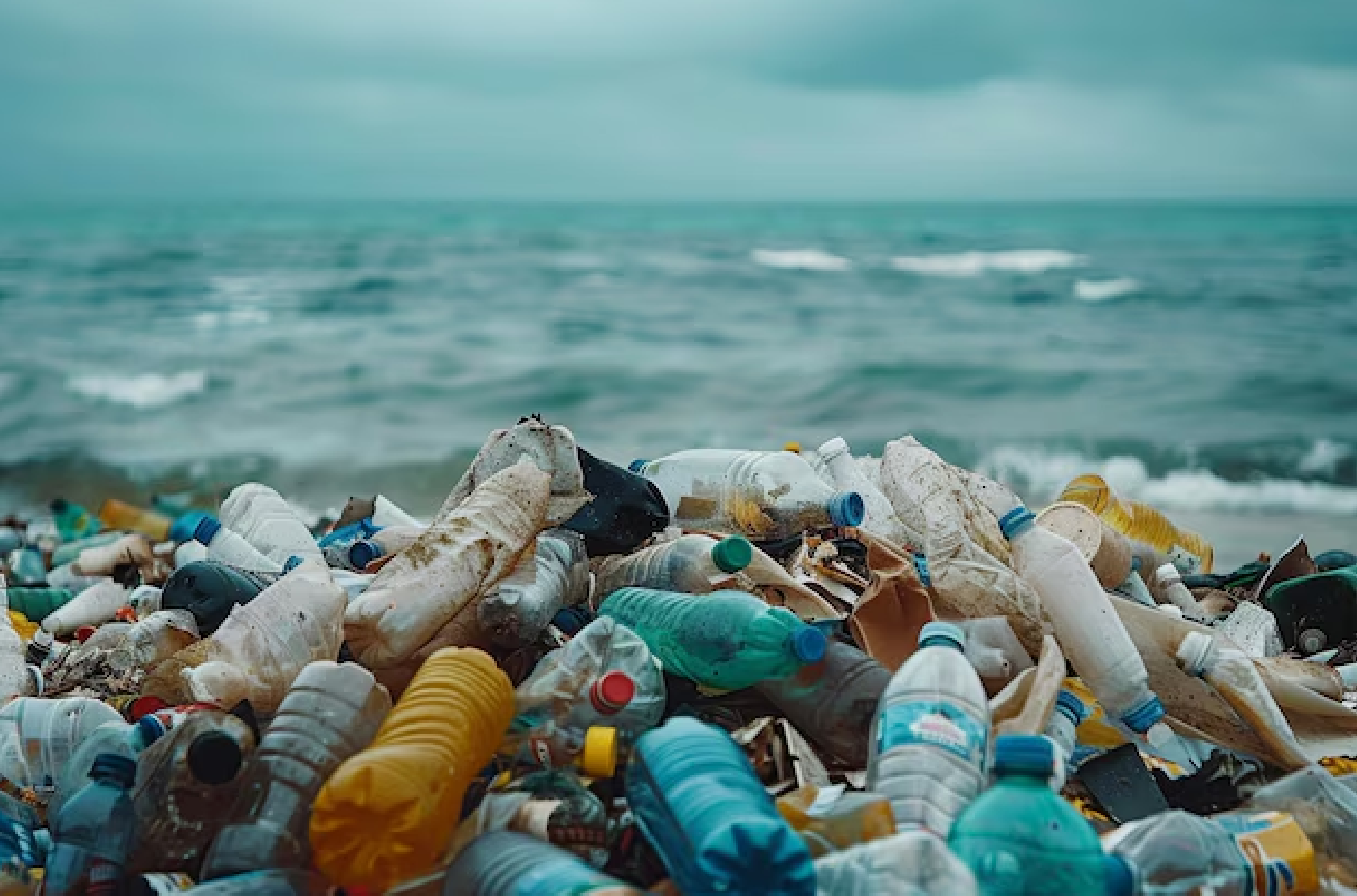
Why to Choose ServCare
-
Integrated Waste Management
We handle E-waste, Plastic Waste, Used Cooking Oil, and Textile Waste responsibly.
-
Convenient Pickup Service
Schedule waste collection easily through the ServCare online application.
-
Eco-Friendly Disposal
We ensure waste is processed through certified recyclers and repurposed sustainably.
-
Electric Vehicle Collection
Our fleet reduces carbon emissions, making transportation greener.
-
Regulatory Compliance
Fully licensed by the Maharashtra Pollution Control Board for safe e-waste handling.
-
Circular Economy
We recover valuable resources from E-waste and promote a circular economy.
-
Partnering Stakeholders
Engaging bulk waste generators, hotels, restaurants, schools, and individuals for a collective impact.
-
Awareness & Education
Conducting drives to educate communities on responsible waste management.
-
Sustainable Approach
We reduce landfill waste, prevent pollution, and contribute to a cleaner future.
Our Plastic Waste Management Process
Association
Letter of Association with the Bulk Waste generator
Training
Training of participating residents about segregation at source
Scheduling
Scheduling of Plastic waste pick up
Pickup
Pickup from the Bulk waste generation location like Society, School & others
Sorting & Segregation
Identifying plastic as their seven Types and segregation at ServCare facility.
Recycling & Disposal
Partnering with certified recyclers for eco-friendly processing
Traceability & Certificate
Providing accountability, Certificate of appreciation.
FAQ
Get to know more about servcare and its working process
Plastic waste refers to discarded plastic materials such as single-use plastics, packaging waste, plastic bottles, bags, and broken plastic products. If not properly managed, plastic waste can pollute land, water, and air, posing serious environmental and health hazards.
Plastic waste is non-biodegradable, taking hundreds of years to decompose. It pollutes landfills, rivers, and oceans, harms wildlife, and breaks down into microplastics that contaminate food and water sources. Improper disposal also contributes to climate change by releasing greenhouse gases.
Most rigid plastics like PET (bottles), HDPE (containers), and PP (food containers) can be recycled. However, multi-layered plastics (MLP), thin plastic films, and certain single-use plastics are harder to recycle due to low economic value. Proper source segregation improves recycling efficiency.
- Segregate plastic waste at the source to keep it clean and dry.
- Avoid mixing plastic with other dry or wet waste to enhance recyclability.
- Drop off plastic waste at designated collection centers or schedule pickups with services like ServCare to ensure proper recycling.
Collected plastic is sorted, cleaned, and sent for recycling to create new products like textiles, furniture, packaging materials, and eco-friendly alternatives. Some plastics, if not recyclable, are used for energy recovery in waste-to-energy plants.
Microplastics enter the food chain through contaminated water, seafood, and even air, leading to potential health risks such as hormonal disruption, respiratory issues, and digestive problems. Toxic chemicals from plastic waste can also leach into soil and drinking water sources.
- Reduce single-use plastics by opting for reusable bags, bottles, and containers.
- Segregate plastic waste properly for efficient recycling.
- Support recycling initiatives by disposing of plastics responsibly through services like ServCare.
- Educate others on the importance of responsible plastic waste disposal.
Segregating plastic waste at the source prevents contamination, making recycling more efficient and increasing the chances of proper reuse. Clean plastic waste is easier to process and reduces the burden on landfills.
- Poor segregation leads to contamination.
- Low-value plastics
Our Contribution to SDGs
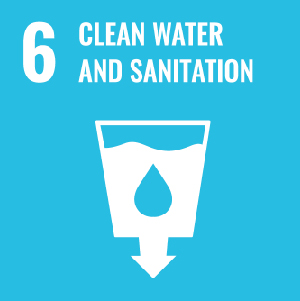
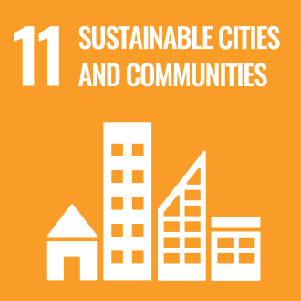
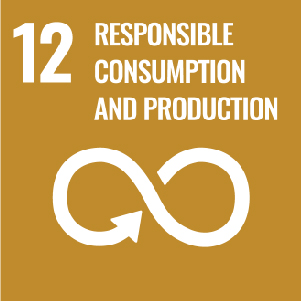
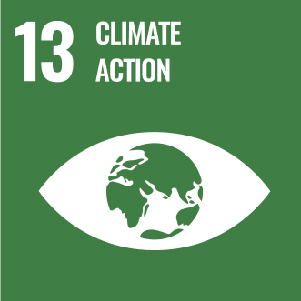
Our Presence
We are expanding our services and actively looking for partners for
sustainable collaborations.

Pune

Nagpur

Ahmednagar

Kolhapur

Pune

Goa

Ch. Sambhaji Nagar
